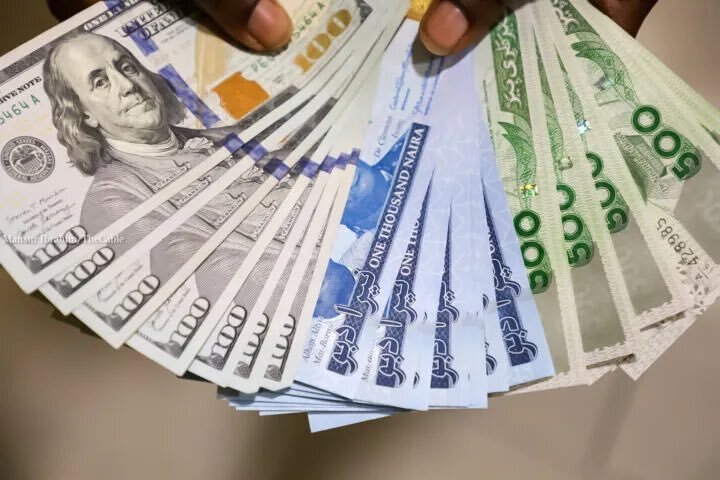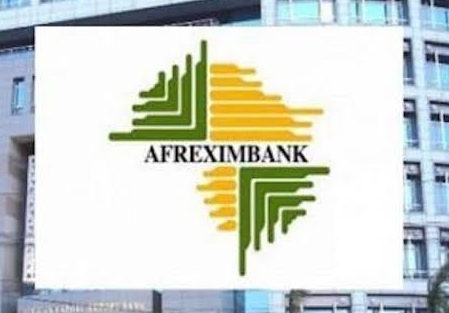The Naira appreciated in the official market on Friday, trading at N1,492.49 against the Dollar.
Data from the Central Bank of Nigeria (CBN) website showed the Naira gained N6.57.
This marks a 0.44 per cent increase compared to Thursday, Feb. 27, when it closed at N1,499.07 to the Dollar.
The local currency ended Wednesday’s trading at N1,499.11 against the Dollar.
The Naira has remained relatively stable following CBN reforms aimed at ensuring transparency in the Foreign Exchange (FX) market.
Analysts have praised the CBN for the steady progress of the Naira since December 2024.
However, Prof. Jonathan Aremu, a retired CBN Director, has warned that it is too soon to celebrate.
Aremu, a Professor of International Economic Relations at Covenant University, is also a Regional Expert on Trade and Investment for ECOWAS.
Speaking to the News Agency of Nigeria (NAN) on Friday, Aremu called for increased production to sustain the Naira’s gains.
He described the currency’s steady appreciation against the Dollar as a positive development.
“But it may not be time to celebrate yet because, within this period, we have also seen moments when the Naira depreciated,” he said.
He urged the CBN to focus on boosting productive activity in the economy to maintain stability.
According to him, the apex bank should look beyond interest rates and consider other factors influencing production and liquidity.
“The quantity theory of money states that money supply and population value must equal price and transaction volume in the economy.
“If policy only targets money supply without increasing transactions, the expected appreciation of the Naira will not materialise.
“The economy needs a higher volume of goods and services. Many goods are available, but their prices depend on supply and demand.
“Focusing only on monetary policy is insufficient. More emphasis should be placed on increasing production,” he said.
He added that expanding production will further reduce the value of foreign currencies, strengthening the Naira.
Aremu noted that foreign exchange is depreciating partly because people cannot afford to buy due to economic conditions.
“The CBN should not only focus on reducing money supply but also support the availability of quality goods and services,” he said.
Also, Cordros Securities, in its weekly economic update on Friday, attributed the Naira’s appreciation to reduced demand pressure in spite of declining foreign exchange (FX) reserves.
The report noted that FX reserves fell by $241.50 million week-on-week to $38.46 billion as of Feb. 27, marking the seventh consecutive week of decline.
“We expect FX liquidity to remain strong as a more efficient market and improved confidence continue to support inflows from autonomous sources,” the report stated.
“The CBN is also expected to intervene during periods of high volatility, ensuring the Naira remains stable in the near term,” it added. (NAN)










